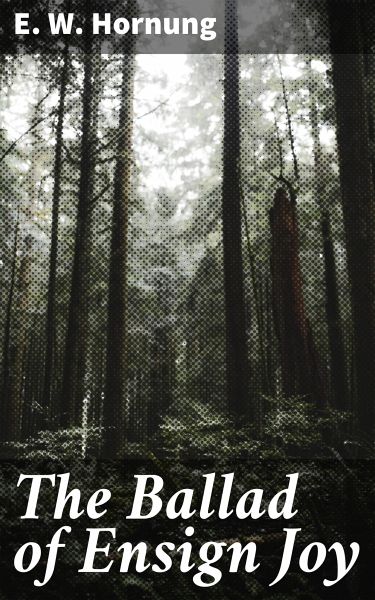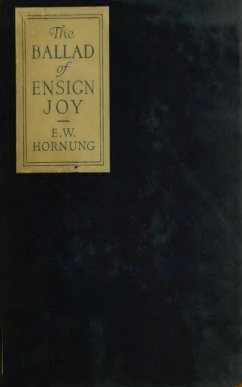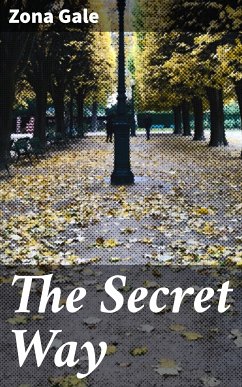
The Ballad of Ensign Joy (eBook, ePUB)
A Poetic Journey Through War: Love, Loss, and Sacrifice in the Ballad of Ensign Joy
Versandkostenfrei!
Sofort per Download lieferbar
1,99 €
inkl. MwSt.
Weitere Ausgaben:

PAYBACK Punkte
0 °P sammeln!
In E. W. Hornung's "The Ballad of Ensign Joy," readers are immersed in a poignant exploration of love, loss, and the trials of naval life during the Victorian era. The narrative is marked by Hornung's deft use of lyrical prose and rhythmic structure, akin to traditional ballads, allowing for an engaging blend of storytelling and poetic form. Set against the backdrop of maritime adventure and the complexities of human relationships, the novel captures the spirit of its time, reflecting on themes of duty and desire that resonate deeply with both historical and contemporary audiences. E. W. Hornu...
In E. W. Hornung's "The Ballad of Ensign Joy," readers are immersed in a poignant exploration of love, loss, and the trials of naval life during the Victorian era. The narrative is marked by Hornung's deft use of lyrical prose and rhythmic structure, akin to traditional ballads, allowing for an engaging blend of storytelling and poetic form. Set against the backdrop of maritime adventure and the complexities of human relationships, the novel captures the spirit of its time, reflecting on themes of duty and desire that resonate deeply with both historical and contemporary audiences. E. W. Hornung, an English author known primarily for his creation of the Raffles character in crime fiction, possessed a personal connection to the naval experience and the societal expectations of his time. His background as a writer and his exposure to the cultural currents of the late 19th century inform the authenticity and emotional depth of his characters. Hornung's skillful command of language reveals his fascination with the heroic ideal and the darker realities of life at sea. "The Ballad of Ensign Joy" is a compelling read for those captivated by maritime lore or tales of personal sacrifice. Hornung crafts a narrative that not only entertains but also provokes thoughtful reflection on the human condition. Readers who appreciate rich storytelling woven with historical nuance will find this work both enlightening and moving.
Dieser Download kann aus rechtlichen Gründen nur mit Rechnungsadresse in A, B, BG, CY, CZ, D, DK, EW, E, FIN, F, GR, H, IRL, I, LT, L, LR, M, NL, PL, P, R, S, SLO, SK ausgeliefert werden.













